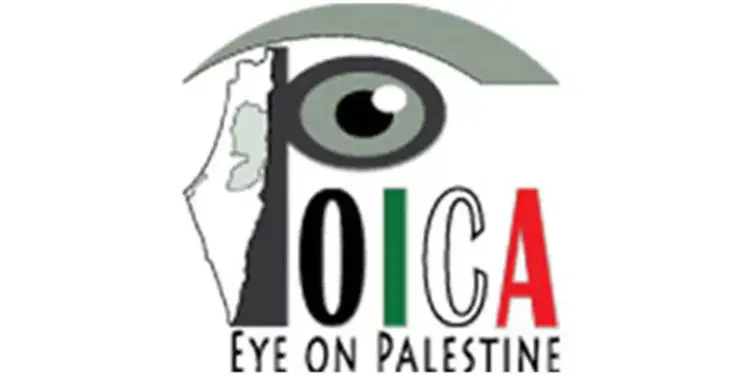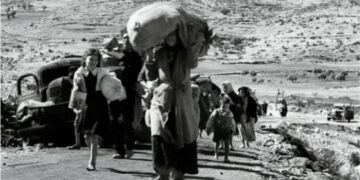Humanitarian and human rights organizations working in the occupied Palestinian territories are gravely concerned by the unfolding humanitarian crisis resulting from severe water shortages in the West Bank. The undersigned organizations are collectively working to provide emergency support to the most vulnerable communities but call upon the Israeli authorities and the international community to take immediate action to alleviate the current suffering in affected communities and support a sustainable solution to the Palestinian water crisis.
A 45% reduction in average annual rainfall has left the 200 communities (at least 220,000 people) who are not served by the water network, struggling to meet their basic water needs for both domestic and livelihood purposes. Reductions in water supply at a time when there is increased demand have led to frequent cut offs throughout the West Bank, including usually less affected urban centers, with some areas only receiving water once every fortnight. Even with the provision of emergency assistance, many Palestinians will still be unable to meet their basic water needs in the summer months unless Israel increases the current supply of water.
Increasing dependence on water tankers has led to the worst affected communities paying up to 30-40% of their monthly income on water to meet their basic personal, domestic and livestock water needs. This is quite a high percentage when comparing to the affordability rate of 3-5% of monthly income and especially where many of these communities are dependent on livestock for their livelihood. Around ten per cent of West Bank communities are surviving on less than ten liters per person per day well below World Health Organization guidelines which stipulate 50-100 liters per person per day to ensure good health and safe hygiene practices.
The unconnected communities suffer from a lack of “filling points” in their vicinity while access to existing filling points is hindered by the existence of hundreds of physical obstacles (earthmounds, concrete blocks, checkpoints), which oblige water tankers to make long detours and raise the prices of tankered water. Lack of economic and physical access to safe water is increasingly leading poor families to consume water from unprotected sources, such as agricultural wells, posing serious concerns about water quality and potential public health effects. The current water shortage is also increasing the levels of food insecurity among rural communities, herders in particular, raising the risk of displacement.
In order to fulfill the human right of Palestinians to safe, sufficient, accessible and affordable water, the undersigned organizations recommend the following:
1. The Israeli authorities should increase the water supply to Palestinians in West Bank, allow the opening of new filling points and ease the restrictions on movement affecting water access, in line with its obligations under international humanitarian law to ensure the welfare of the occupied population.
2. The international community should provide immediate financial assistance to vulnerable communities to enable the provision of safe and affordable water.
3. A long term solution includes reaching a sustainable and equitable agreement between Palestinians and Israelis addressing the underlying causes of the water shortage.
—————————–
-
PARC – Agricultural Development Association –
-
PREMIERE URGENCE
-
G.V.C – Gruppo di Volontariato Civile
-
LifeSource
-
PHG – Palestinian Hydrology Group
-
COHRE – Centre on Housing Rights and Eviction
-
ARIJ – The Applied Research Institute-Jerusalem
-
SCC – Swedish Cooperative Centre
-
PFU – Palestine Farmer Union
-
Oxfam International
-
ACPP – Asamblea de Cooperacion Por la Paz
Prepared by
The Applied Research Institute – Jerusalem












